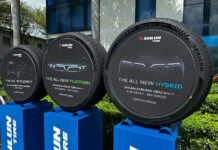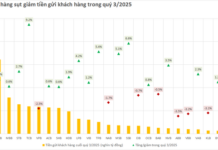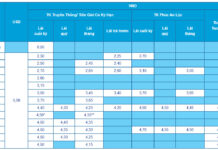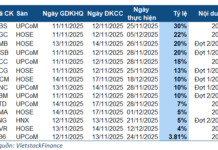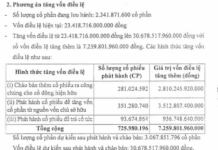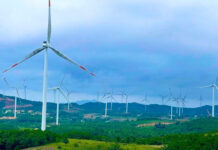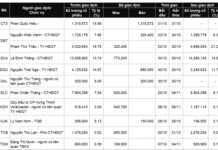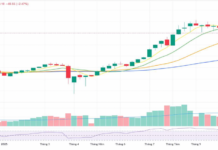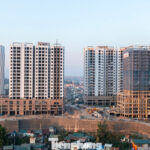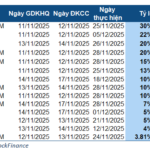BYD is facing some new hurdles as it expands its global presence. The batch of cars being shipped to countries is experiencing quality issues.
BYD car degradation phenomenon
The automaker backed by Warren Buffett has become the world’s largest electric vehicle manufacturer by 2023, surpassing Tesla. It is also the third largest automaker in the world in terms of market capitalization, behind Tesla and Toyota.
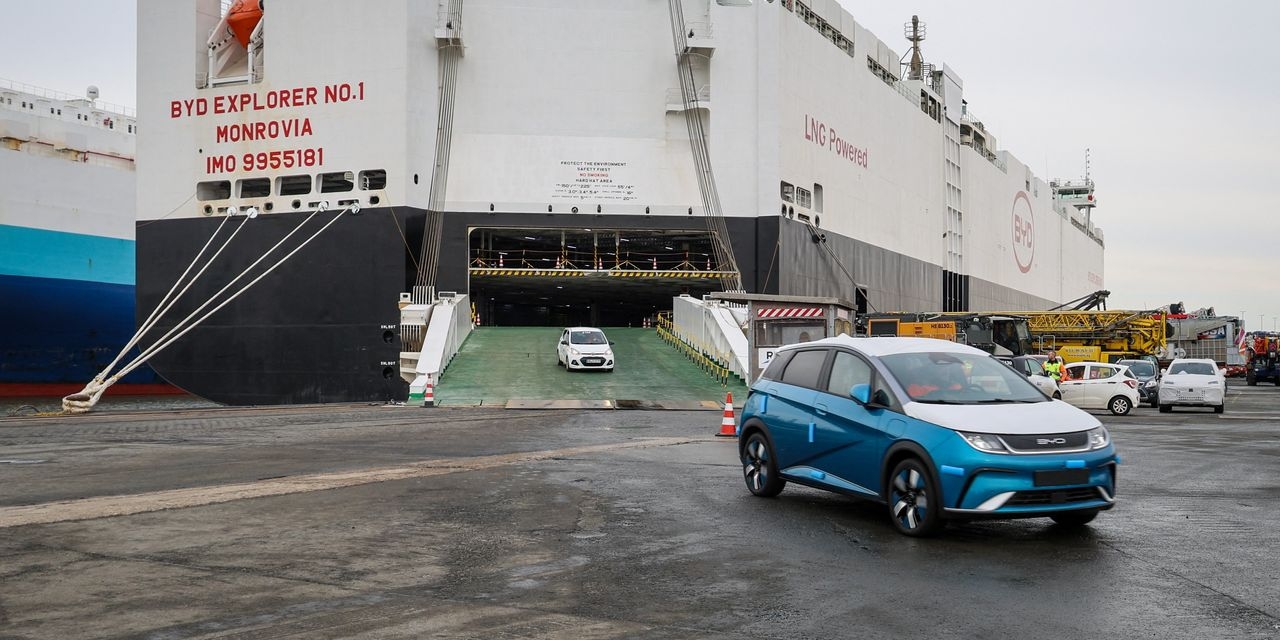
Electric cars without quality assurance are becoming an issue for BYD. Photo: WSJ
According to the Wall Street Journal (WSJ), BYD cars leaving China need to be repaired multiple times upon arrival at foreign ports. The article states that cars arriving in Japan are scratched, while those arriving in Europe have mold issues.
Mold is not an uncommon phenomenon in cars, especially when a car is stationary for a long time in wet weather conditions. But the problem for BYD is that they did not have proper measures in place to eliminate mold.
Meanwhile, in Thailand, where Chinese electric cars are dominating the market, quality issues with BYD cars seem to be increasing. Complaints about peeling paint and deformed plastic have become common. In Israel, BYD electric cars show signs of warping.
The problems identified are more related to aftersales support rather than manufacturing defects. A BYD executive told WSJ that this issue is like “going to a fancy restaurant but finding a chipped plate.”
BYD is at risk of losing its position
The “chipped plate” phenomenon at BYD is quite alarming. In Europe alone, there are about 10,000 unsold BYD cars in stock despite being planned for sale since the end of last year. The large number of cars in stock not only makes them less attractive to consumers but also affects licensing deadlines. If customs clearance cannot be achieved quickly, these cars will not be able to be sold anymore.
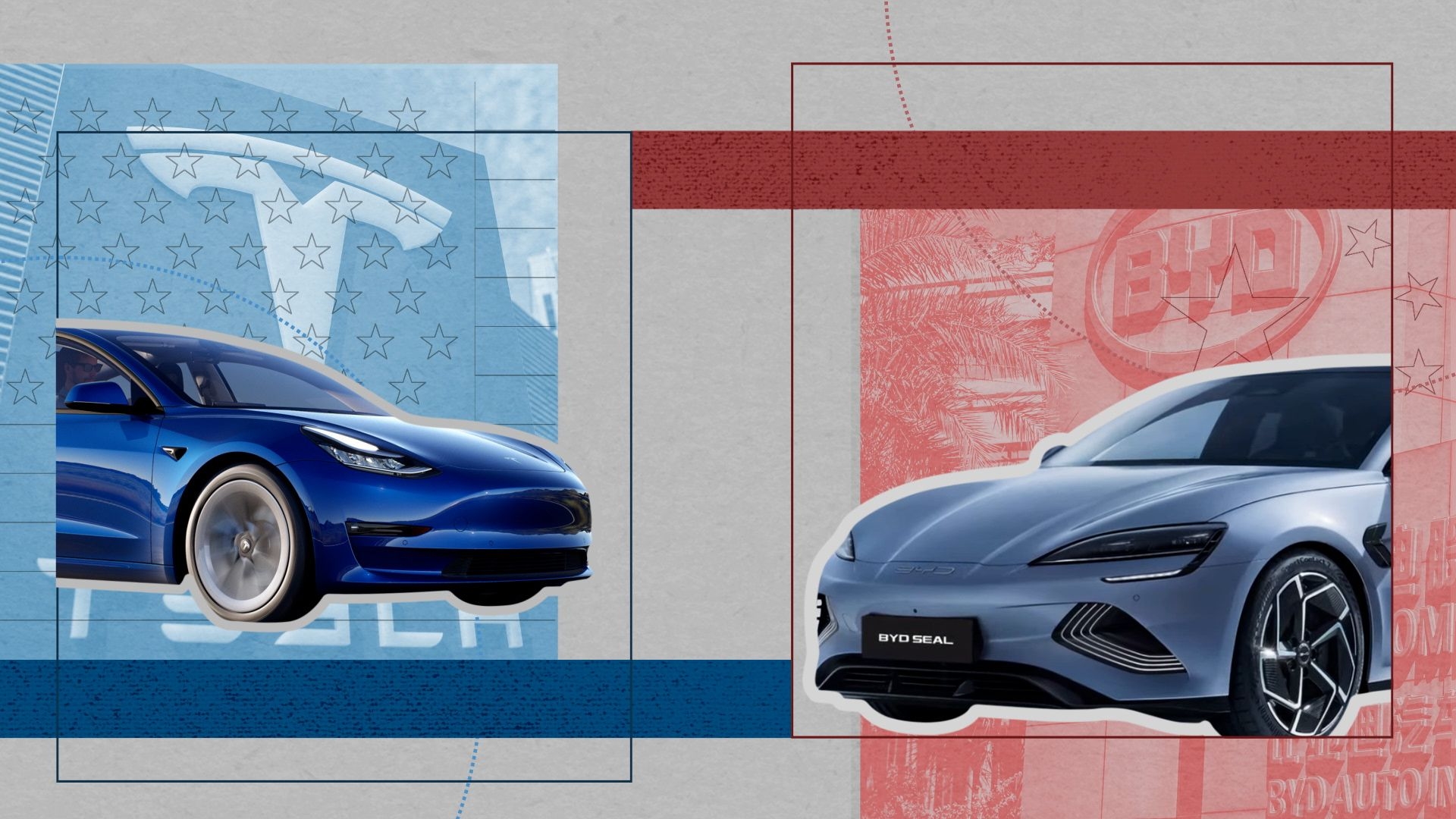
BYD’s aftersales quality gap could allow Tesla to “open up a lead.” Photo: WSJ
Controlling quality during transportation could be a major challenge for BYD. But it is too early to judge whether this is a mistake or whether BYD is indeed leaving serious gaps as it strives to become the world’s largest electric vehicle manufacturer.
However, according to WSJ, with cars being stuck in storage for so long, BYD’s target of selling 400,000 cars in the international market by 2024 may not be achieved.
This has led some BYD executives and investors to express concerns. European executives believe BYD’s plans are too ambitious. According to the plan, BYD wants to increase its market share in Europe by threefold by 2025, from 1.1% in 2023. Additionally, there are massive investment packages in countries that have been finalized (such as Thailand) or are still under consideration (such as Vietnam). Vietnam is the next market that BYD is targeting.
There are reports that BYD Chairman Wang Chuanfu is not happy with the opposition. Therefore, he plans to bring in Chinese leaders to replace them. WSJ asked BYD about this issue, but the company declined to comment.

